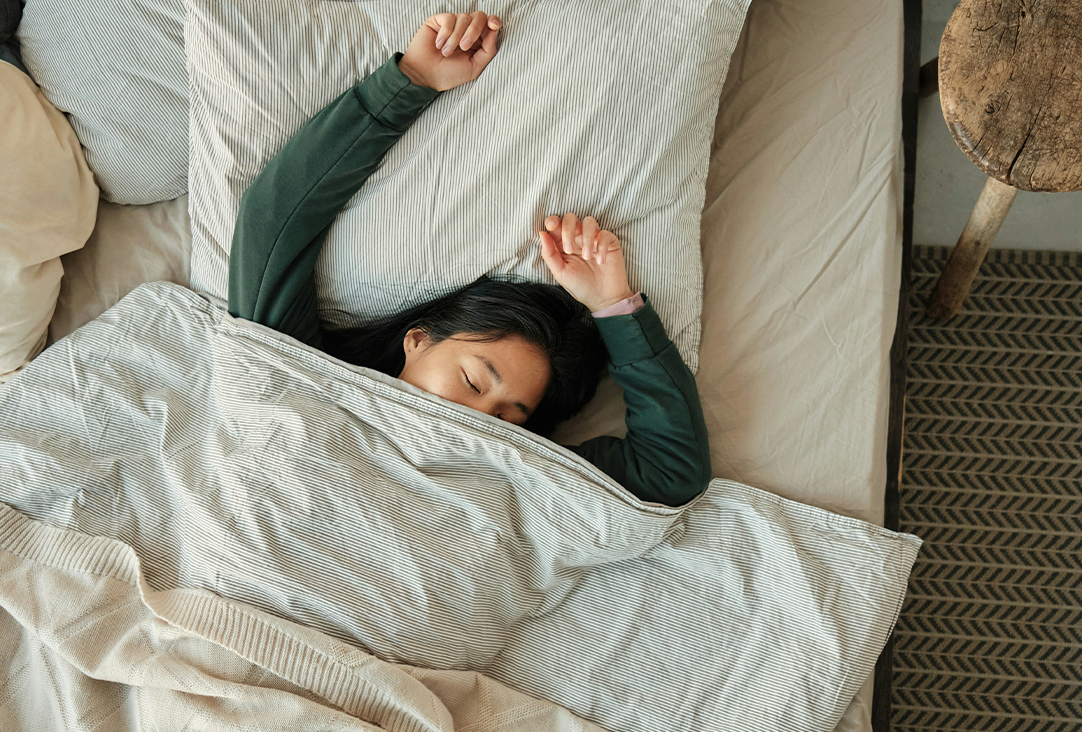Catching Up on Sleep on Weekends Associated With 20% Lower Risk of Heart Disease A study presented at the 2024 European Society of Cardiology meeting examined data from 90,903 adults in the UK Biobank project, a database holding medical and lifestyle records of 500,000 people in the UK. Of these, 19,816 met the criteria for being sleep deprived. Over a follow-up period of 14 years, the…





























































